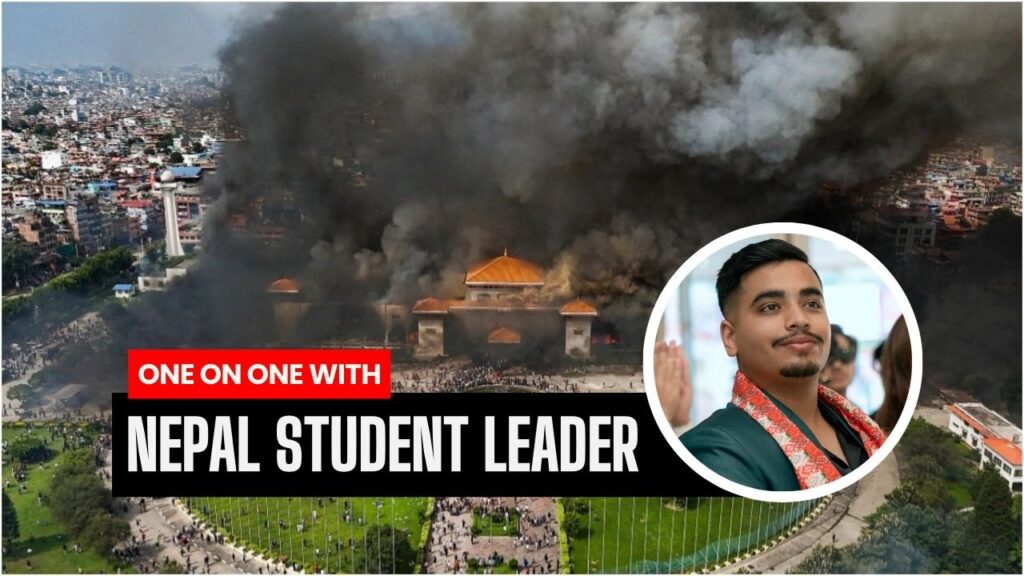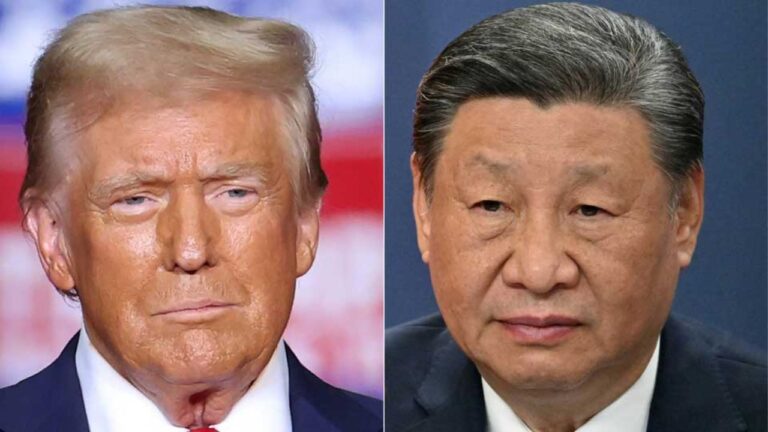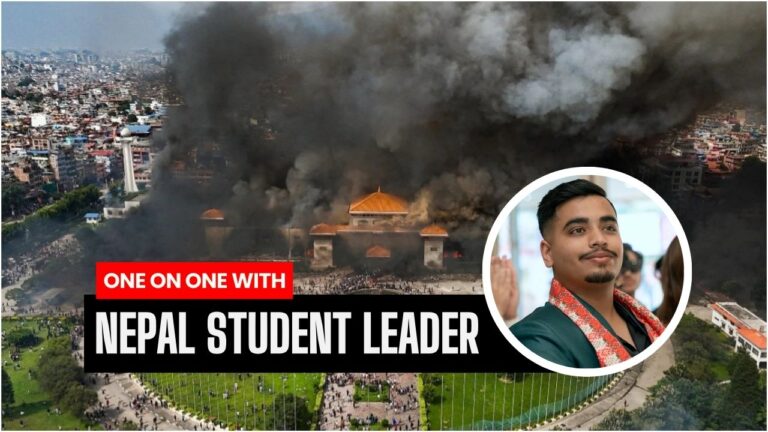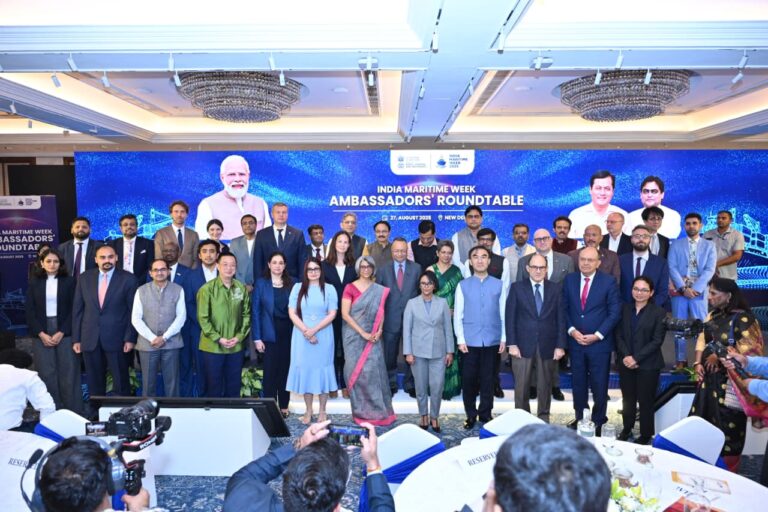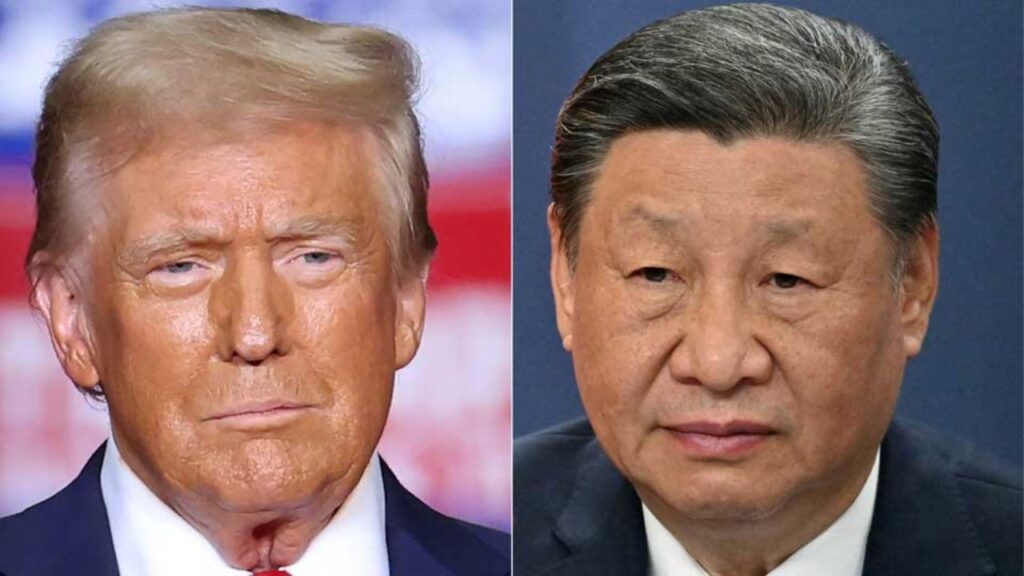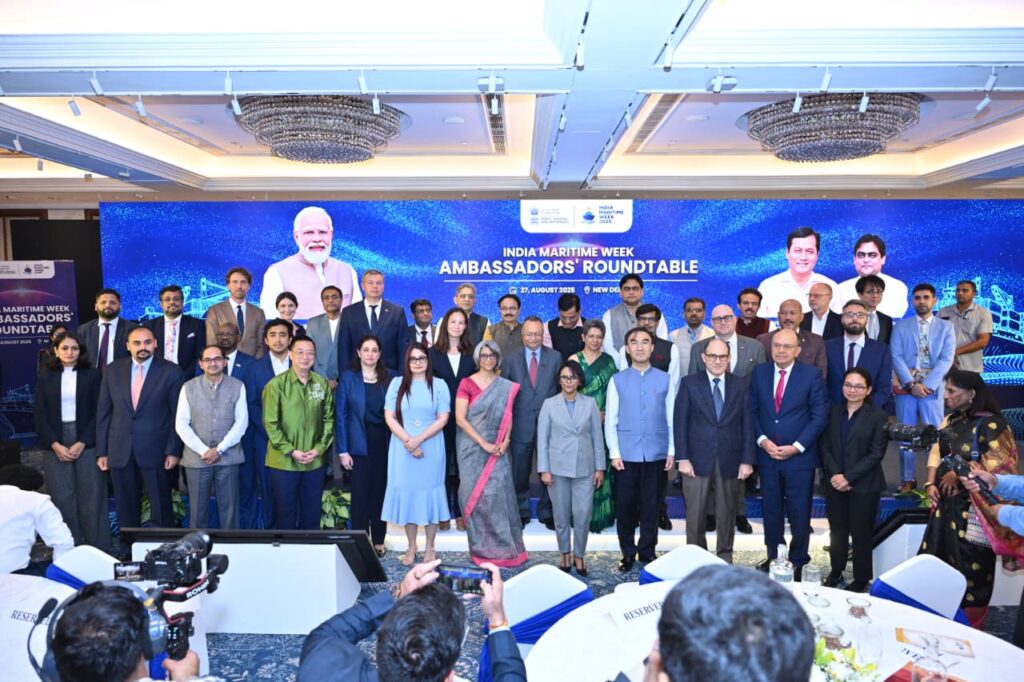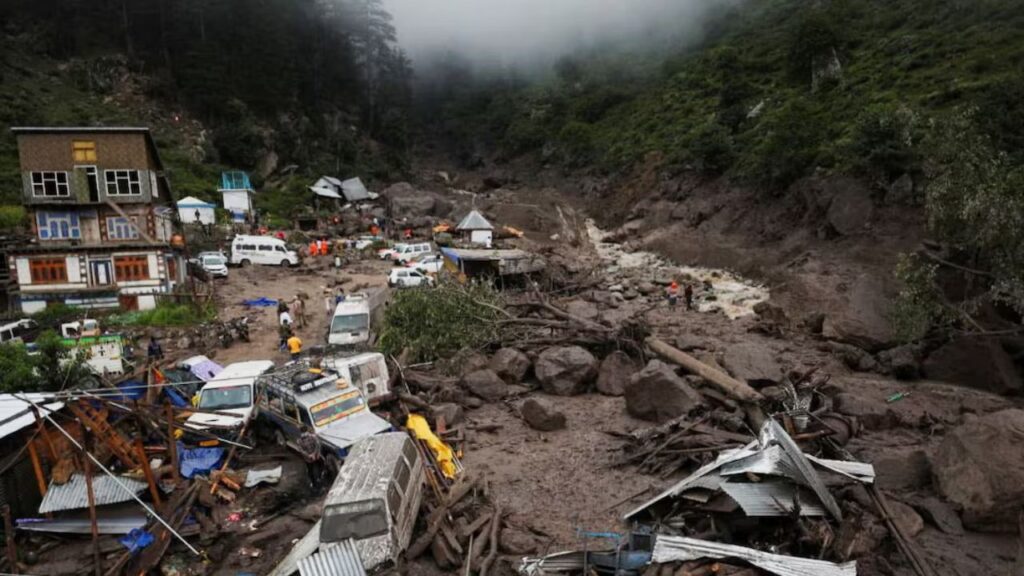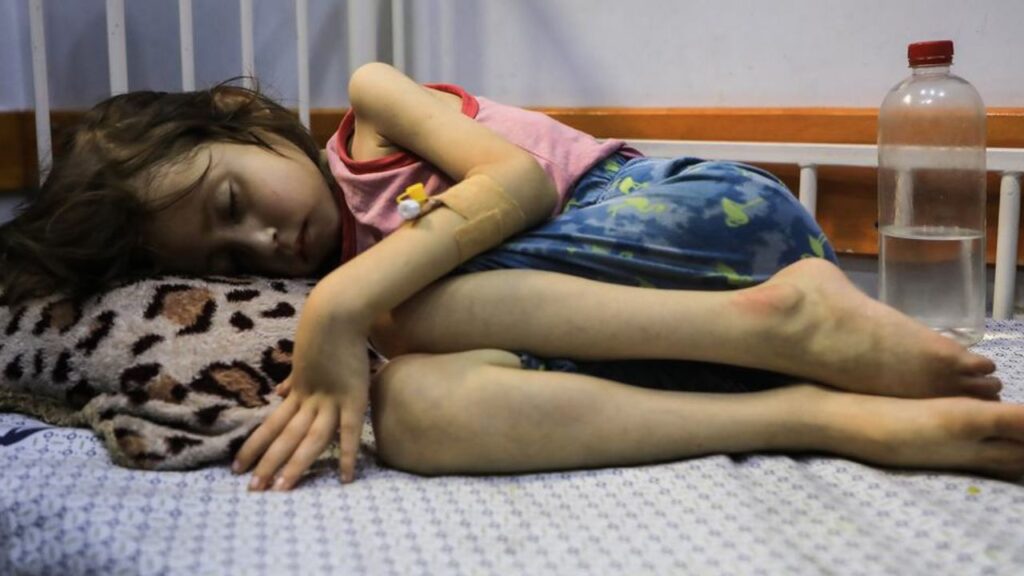President of the Free Student Union at Pokhara Engineering College, Virat Sigdel, spoke to The New Bengal Gazette editors Syed Abubakr and Sumit Singh on the deadly protests in Nepal on September 8 that claimed the lives of 19 protesters after police and security forces opened fire. Protesters went on a rampage against prominent buildings and political figures – both those in power and those in opposition. Prime Minister K P Sharma Oli eventually stepped down.
On September 4, the Oli government had banned 26 popular social media platforms, including Facebook, X (formerly Twitter), and YouTube, for failing to register with the authorities by a certain deadline. The shutdown triggered an explosive response among the youth, especially from ‘Generation Z’ or ‘Gen Z’, who saw the move as censorship and a denial of free expression. However, this ban was only the triggering point. The main reasons behind this nationwide protest were corruption and nepotism.
Question: As the President of the Free Student Union at Pokhara Engineering College, were you also involved in organising or supporting the protests, and did students from your institution also take part?
Answer: As President of the Free Student Union, my role has been to stand with the concerns of students. Many of them are frustrated with corruption, unemployment, and a lack of opportunities. So, it was only natural that students joined the protests. While I have supported their right to raise their voices, my priority has been to ensure that their participation remains peaceful, responsible, and focused on constructive change.
Question: What do you see as the root causes of these Gen Z protests, and how do these issues affect young people in Nepal?
Answer: The root causes of these protests lie in long-standing problems of corruption, nepotism, and lack of accountability in leadership. For decades, many young people have seen opportunities, whether in jobs, politics, or education, go to those with family or political connections rather than to those who are genuinely capable. This creates deep frustration among the youth as it blocks merit-based progress and limits hope for a fair future.
Question: The government’s social media ban has been a flashpoint. How has it hindered or fueled the protests, and what role has digital communication played in mobilising the youth?
Answer: The government’s attempt to ban or restrict social media has actually worked as a double-edged sword. On one hand, it has hindered communication, making it harder for protesters to coordinate in real time, share updates, and express themselves freely. Social media is the primary platform where young people discuss issues, raise awareness, and organise events or protests. So, blocking it was seen as a direct attempt to silence their voice. On the other hand, the ban fueled the protests even more. Many young people viewed it as an attack on their freedom of expression and their democratic rights. Instead of discouraging them, it created a sense of unity and urgency. Youth began finding alternative ways to connect using VPNs, encrypted messaging apps, and offline networks.
Question: From your perspective, how would you assess the authorities’ handling of the protests, including the use of force that led to 19 deaths, and what accountability measures do you believe are necessary?
Answer: From my perspective, the handling of the protests has been deeply concerning. The use of excessive force, which has already led to so many deaths, reflects a failure to engage with the protesters’ demands through dialogue and democratic means. Instead of addressing the root causes like corruption, unemployment, nepotism, and lack of accountability, the state has treated peaceful protesters, many of them young people, as threats. This approach not only undermines trust in government institutions but also escalates tensions rather than resolving them.
Question: What specific reforms are the protesters advocating for, and do you see a path forward for dialogue with the government?
Answer: The protesters are not just expressing anger. They are putting forward specific reforms aimed at addressing corruption and inequality. Among their key demands are anti-corruption mechanisms, an end to nepotism in jobs and politics, transparency in governance, and equal opportunities for youth. The Prime Minister should be elected by the people of the nation. As for dialogue, the path forward depends largely on the government’s willingness to listen rather than suppress. If authorities recognise the legitimacy of the protesters’ concerns and create a structured platform for dialogue with youth representatives, there is a real possibility for constructive change. However, if the state continues relying on force and control, the gap between the government and the younger generation will only widen.
Question: Looking ahead, what do you predict for the movement if demands aren’t met?
Answer: If the demands aren’t met, the movement is likely to intensify and expand. Young people are already frustrated, and continued neglect could push the protests to become more organised, widespread, and long-lasting. There’s also a risk that prolonged suppression could deepen the divide between the state and the younger generation, potentially destabilising politics further. At the same time, the diaspora and international community may start paying more attention, putting pressure on the government. Young people are not demanding a return to monarchy as the solution to this crisis. Rather, they are calling for a functional democracy, one that actually delivers justice, fairness, and accountability. Many in Gen Z see monarchy as part of the past, while democracy, despite its flaws, still represents the hope of a system where every voice matters.

